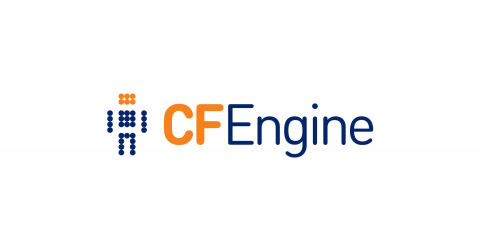Feature Friday #16: host info report
Did you know the Masterfiles Policy Framework (MPF) ships with a host info report? That’s right, you can simply run cf-agent --bundlesequence host_info_report and a report will be generated. command output It’s packed with information about the specific host. Let’s peek: command output Here are the section headers: command output Running with the show_software class defined will add information about installed packages command output command output Happy Friday!



